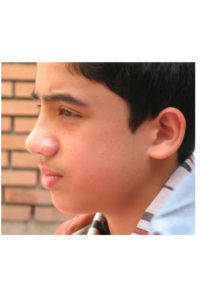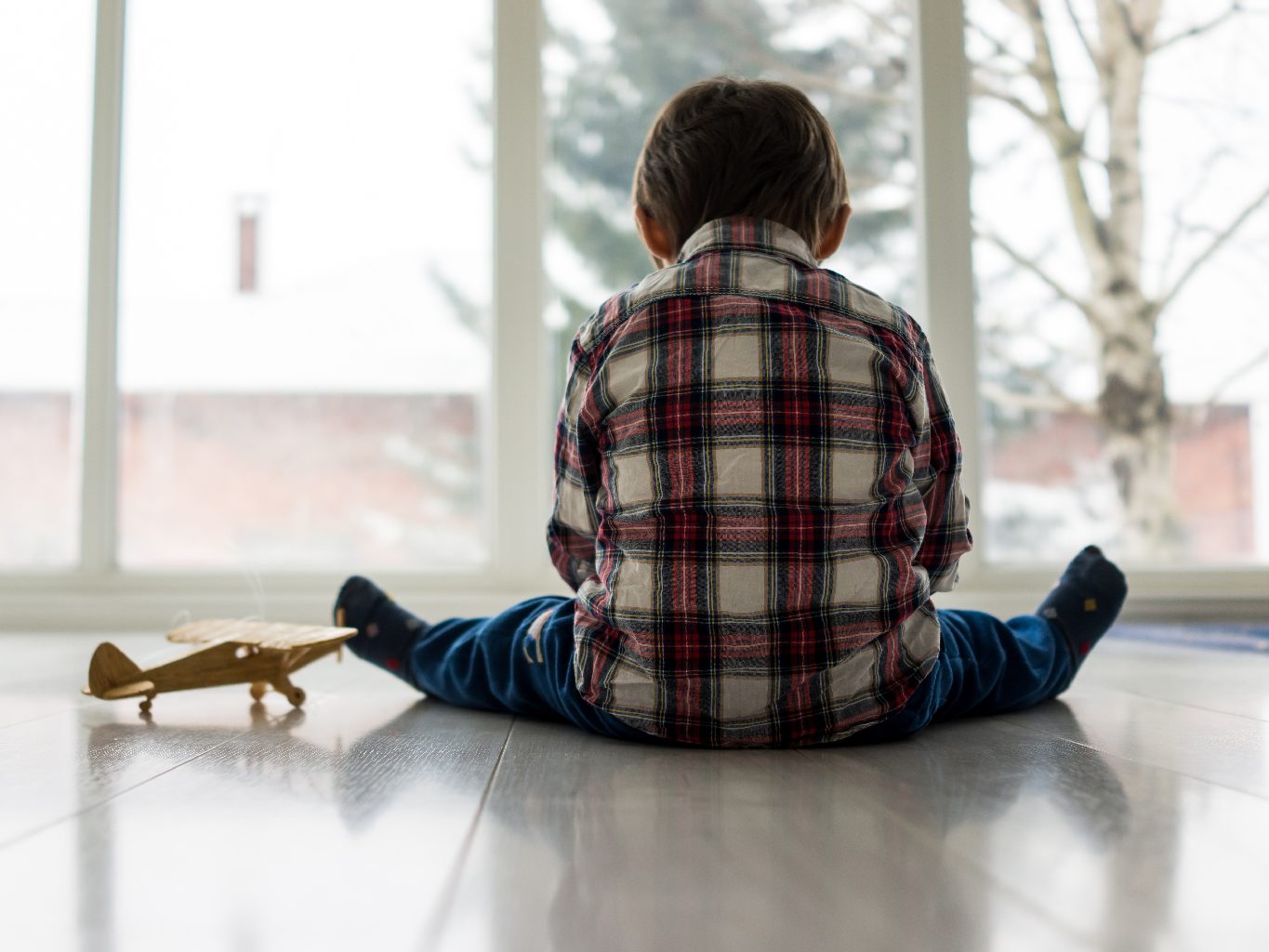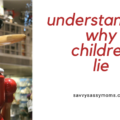Irritability, meltdowns, non-compliance, erratic sleep and unusual food habits. No, I am not talking about your toddler; I am referring to your soon-to-be teenager. #12teens. Speak to anyone with a pre-teen or teenager and they will tell you that it can be one of the most rewarding yet frustrating times of a parent’s life.
I remember talking to a parent of a teenager when my child was little, and they said to me, “Little children, little problems, big children, bigger problems, just you wait and see”. With a naïve smile I thought, “Oh come on now, how bad can it really be?” Having entered the “teen” era with one of my own sons and having friends whose children are also similar in age, I see the truth behind that statement. So, how do you parent your child as they go from 12 to 18 in a day?
Teens feel things more intensely

First, it is important to realize that the teenage brain is still going though significant growth and development. During this time your child is most likely struggling with impulsive decisions, self-regulation and emotional control. As a result, they feel things more intensely then you do so their reactions do not always match the size of a situation. This can be extremely frustrating as a parent, but keeping your cool is the best tool.
Change your language to non-negotiable and negotiable
Teens are constantly testing the boundaries to gain a sense of autonomy. Set clear expectations and limits with your teen. Consider using language such as non-negotiable s and negotiable. Don’t forget to adjust the rules as they grow.
Use logical consequences
Whether you are parenting a toddler or a teenager, logical consequences should always be implemented. Because the teenage brain is still developing, we need consequences that help kids learn from their mistakes — and to not do it again. No one wants to hear, “That’s not fair!” So, ask their input on the consequences for breaking the rules. This will help you parent your 12-year-old, or shall I say your 18-year-old!
Build compromising and decision-making skills
Though your teen may barely say three words to you in a day, they do want to be heard. Sit together as a family and hold a meeting to discuss how to work together to preserve the integrity of each family member. This type of approach sends the message that you respect your child’s ideas while teaching essential compromising and decision-making skills.
Stay cool, talk, don’t lecture!
Since this is the stage where hormones are exploding, your teen may feel like they are on an emotional roller coaster. When they are finally communicating to you, validate what they are saying. Active listening is not always easy to do when your emotions are on a similar ride. Take a deep breath, and talk with them, not at them!

Rebuild your relationship
Jennifer Kolari, author of You’re Ruining My Life!: Surviving The Teenage Years With Connected Parenting, discusses the importance of rebuilding relationships with your teen. Try to do something active like a sport, go for lunch or hug them more. It is more than just being loving and nurturing. Kolari describes what she calls the CALM technique. It is based on the therapeutic strategy of mirroring to make or repair connections.
Introduce them to new ideas
Effective parenting means getting your teen to open-up and talk. So how do you do this? Introduce them to new ideas. Journaling for example can be designed to help teens gain deeper insights about themselves. They can discover new things about different areas of their lives. This can include relationships, special interests and dreams for the future. Through journaling, teens gain a positive perspective and awareness about themself which sets the stage for open communication.
Parenting your child as they go from 12 to 18 in a day can certainly be exhausting and confusing for all involved. But when we change our approach, we are strengthening the parent–child bond and building emotional independence in our teens.
Resources:
Jennifer Kolari, author of You’re Ruining My Life!: Surviving The Teenage Years With Connected Parenting








Comments
Thanks for this one. My firstborn is 8 and soon, she will turn into a teenager. I will save this link and read once in a while to be prepared for the future. Thanks again.